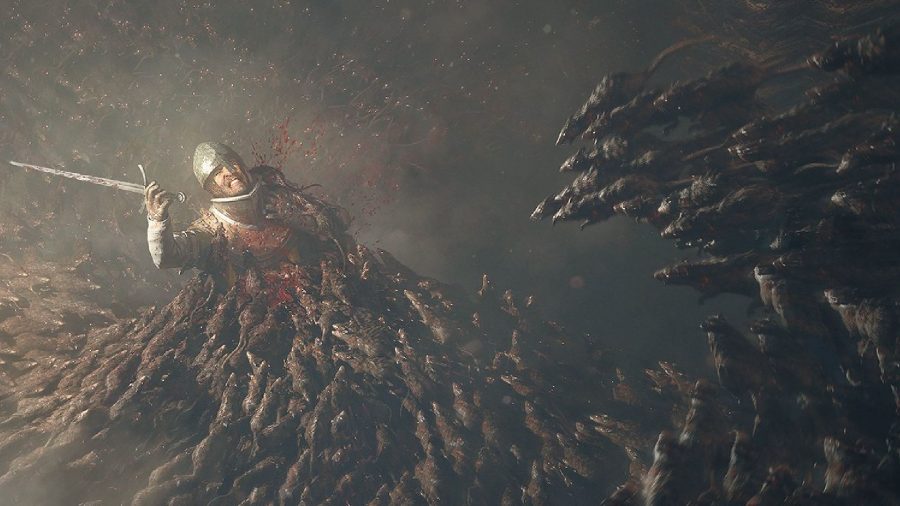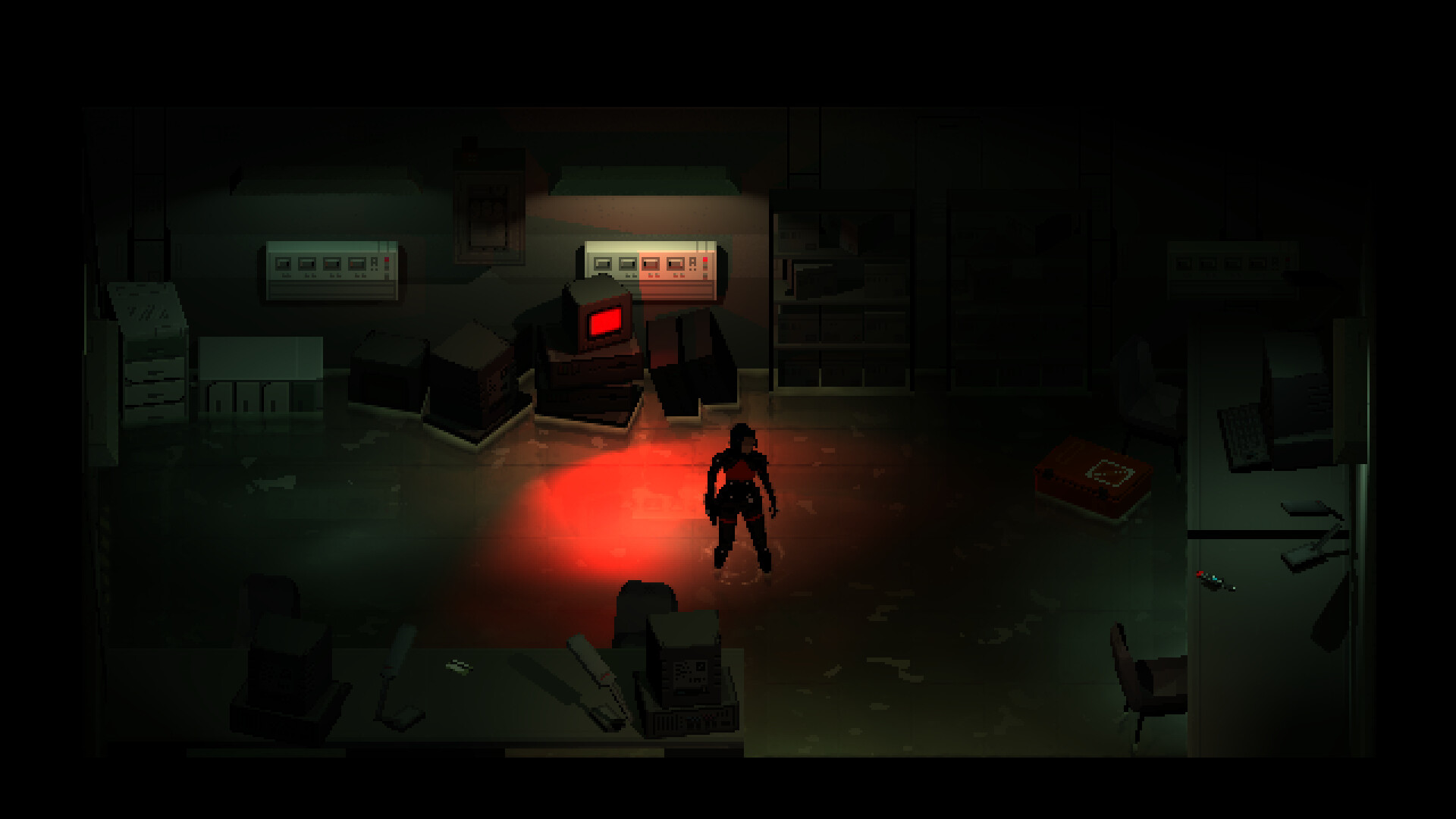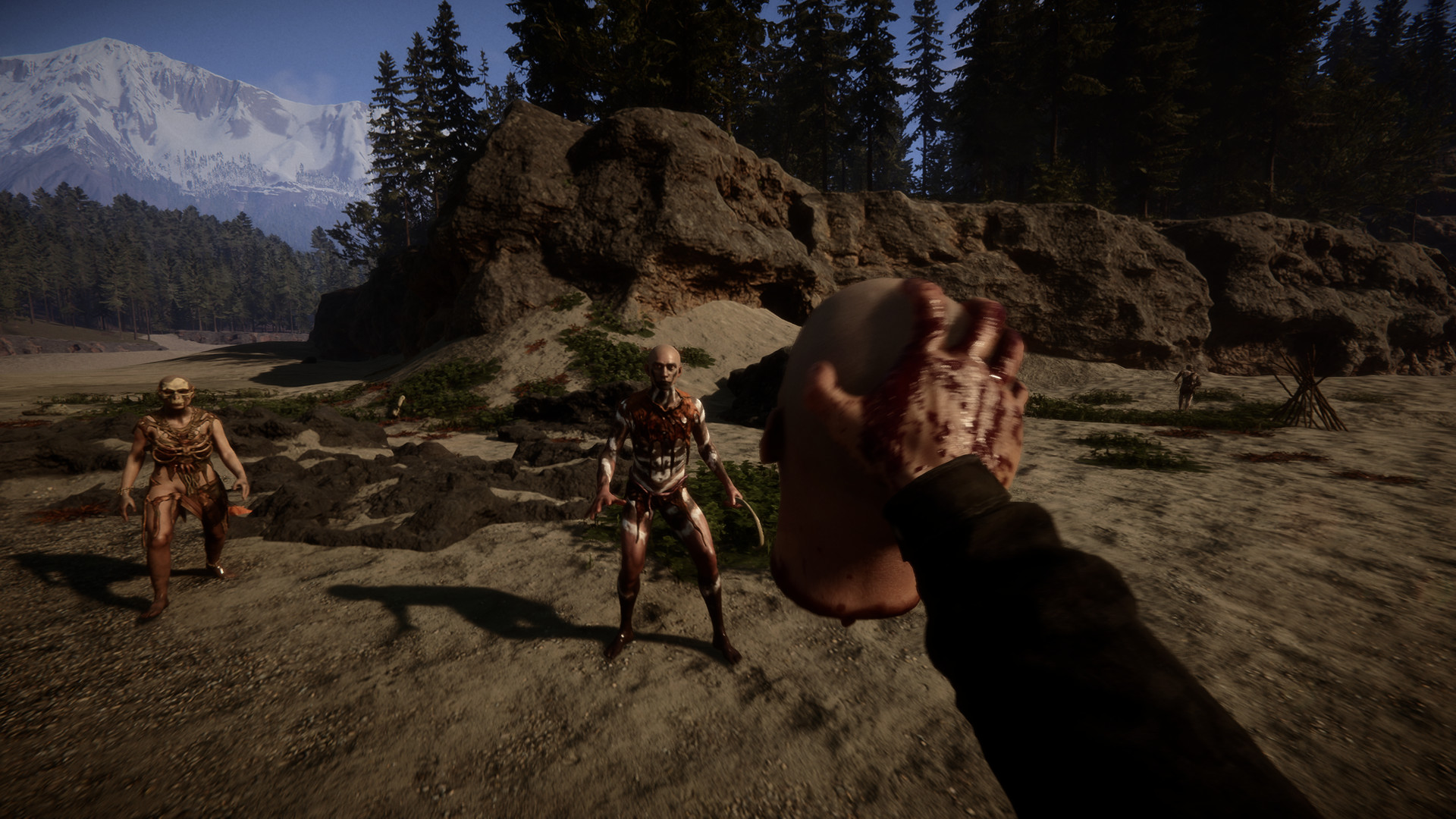
Creature Comforts
Horror can change in so many ways, but there are fundamentals that just keep coming back time and again even with great shifts in what’s popular as horror themes go. Why? Because there lies comfort food for horror fans both hardcore and casual alike.
The likes of us who frequent this, a horror game site, all know what old faithful still does the job for us after all this time, and the more easily scared among us will return to the exact sweet spot of horror that can terrify, but feel like an escape rather than trauma. Maybe you love a bit of ghost hunting? Survival Horror where every second of existence feels like torture? How about quirky dating sims with serial killers and eldritch beings as the potential love of your life? If you have a horror itch that you love having scratched, there’s a game for that.
Of course, this isn’t just about horror, because it applies to all sorts of things in your life. You want to feel ‘safe’ and comfortable in the things you enjoy, even if that means diving into something others would turn around and say ‘dude, how can you be into this sick/boring/weird shit?’ I’ll tell ya how, dude. Because it’s really, really good.
But what do I love about horror games in particular? There are obvious things like particular sub-genres, but I got to thinking about the smaller parts of horror games that really connect with me. That ranges from mechanics to aesthetics to a particular kind of soundtrack, but I thought for this week’s column, I’d dive into some of the bits that makeup horror games that I can’t get enough of.
Slow, Disgusting Zombies

My love of horror games, as it was for many, began with Resident Evil, and for me, it was because it had the slow-rotting undead I’d recently become obsessed with thanks to the likes of Romero’s Dawn of the Dead and Fulci’s Zombie Flesh Eaters. Of course, just as I was wallowing in them being the de facto representation of zombies, the likes of 28 Days Later and Zack Snyder’s Dawn of the Dead remake turned the page on what a zombie was, to the point we now have roughly sixteen thousand different versions of what a zombie is, and very few of them are the kind I love now.
Ahh, but then you have games such as Night at the Gates of Hell with its loving homage to the old-school undead, or Signalis, which puts a sci-fi twist on reanimation that still feels very much in line with the lumbering, ghoulish zombie template. On a larger scale, while Dying Light and its sequel had fast variants, I swooned over the crowds of sloth-footed walking corpses that were both fodder and threat in the perfect balance.
All roads lead back to Dawn of the Dead for how I like my zombies, and the insane oversaturation of zombies that aren’t like that at all in the last 20 years or so has kept the flame burning for whenever a game brings me the treat of living dead that walk slower and act stupider than the idiots who walk into the supermarket after a gym session.
Overwhelming Cosmic Horror

The beauty of a good cosmic horror story is rarely just about the main story being told. Some brooding guy has some troubling opinions and bad life choices before meeting his fate at the hands of some unfathomable, unspeakable creature. Who gives a shit about the Albert T. Brooder: Licensed Cocaine Addicts of this world? The real meat of those stories is just how bloody overwhelming the cosmic horror can be when you stop to dwell on them.
The mental torture of those who stumble upon these entities is a great conduit for getting that feeling. Yes, they have their own life experiences going on, but we are witnessing the enormity of the situation through their eyes, and people, it is a frankly frightening thought to think we are insignificant in the universe. The ego of humanity in these situations is the path to relatability, and I go to games such as Amnesia: Rebirth when pondering cosmic horror because it greatly disturbs me that a woman with memory loss that discovers she’s pregnant as she’s subjected to escalating levels of terror is made to feel small in the grand scheme of the things she faces.
Survival

It’s been done to death at this point, and yet I still find great pleasure in survival mechanics when done a certain way. From the race to set up camp before nightfall in The Forest to frantically weighing up the sparse ammo left in Resident Evil 2 vs. the hulking monster around the next corner. There’s something thrilling and intense about just scraping by one situation with half a mind on what it could cost you in the next.
The unscripted vulnerability is one of the purest forms of horror gaming. When the odds feel overwhelming, and you truly feel out of your depth, it’s bliss to drag you and your character through hell and claw your way out.
Murderous Rats

Blame James Herbert for this one. The Rats and its sequels Lair and Domain are among my favorite books because of their messed up flesh-eating rodents. If a game has flesh-eating rats in it, I’m probably going to be into it.
So it’s no surprise that two of my favorite modern game franchises, Dishonored and A Plague Tale, both feature rats. A Plague Tale’s sublime swarms probably come closest to capturing what I want, especially in the second game, where their nature becomes stranger and more unsettling.
Super Splatter

No, horror does not need gore to be effective, but that doesn’t stop it being one of the most grimly pleasing aspects of the genre. For me, it’s best in its most absurd, over-the-top form. Gallons and gallons of claret burst forth like a blood volcano. Something that goes beyond shock and rounds the bend into slapstick territory.
The recently released Prodeus is a good example of what I mean. Blood just flies everywhere, coating your weapon, the ceiling, the walls, the lot. It’s so silly, but has a similar effect to watching fireworks. You should be bored of watching fireworks after witnessing so many of them, but still, the oohs and ahhs come.
Ideally, if a game has so much blood spray that it looks like the end of Fede Alverez’s Evil Dead, I’m likely going to be happy.
You can check out DreadXP for more horror game reviews, interviews, and features.




